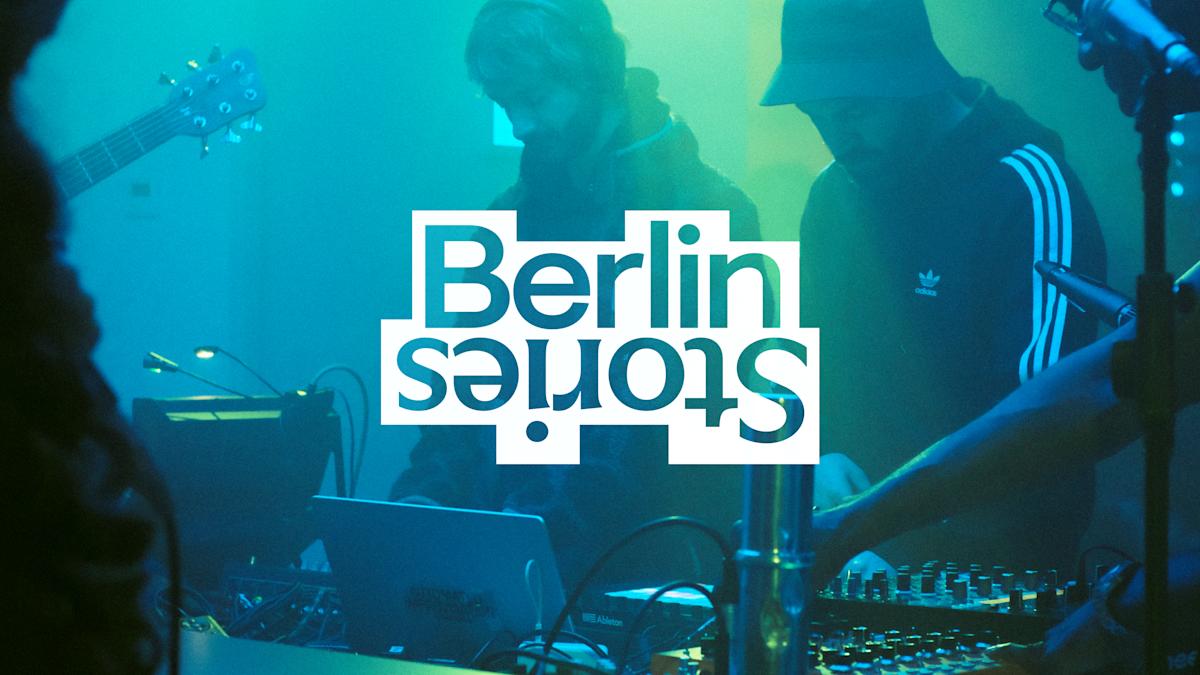
Berlin Stories
This week: Black history month, fusion soundscapes, soli kufa
Loading
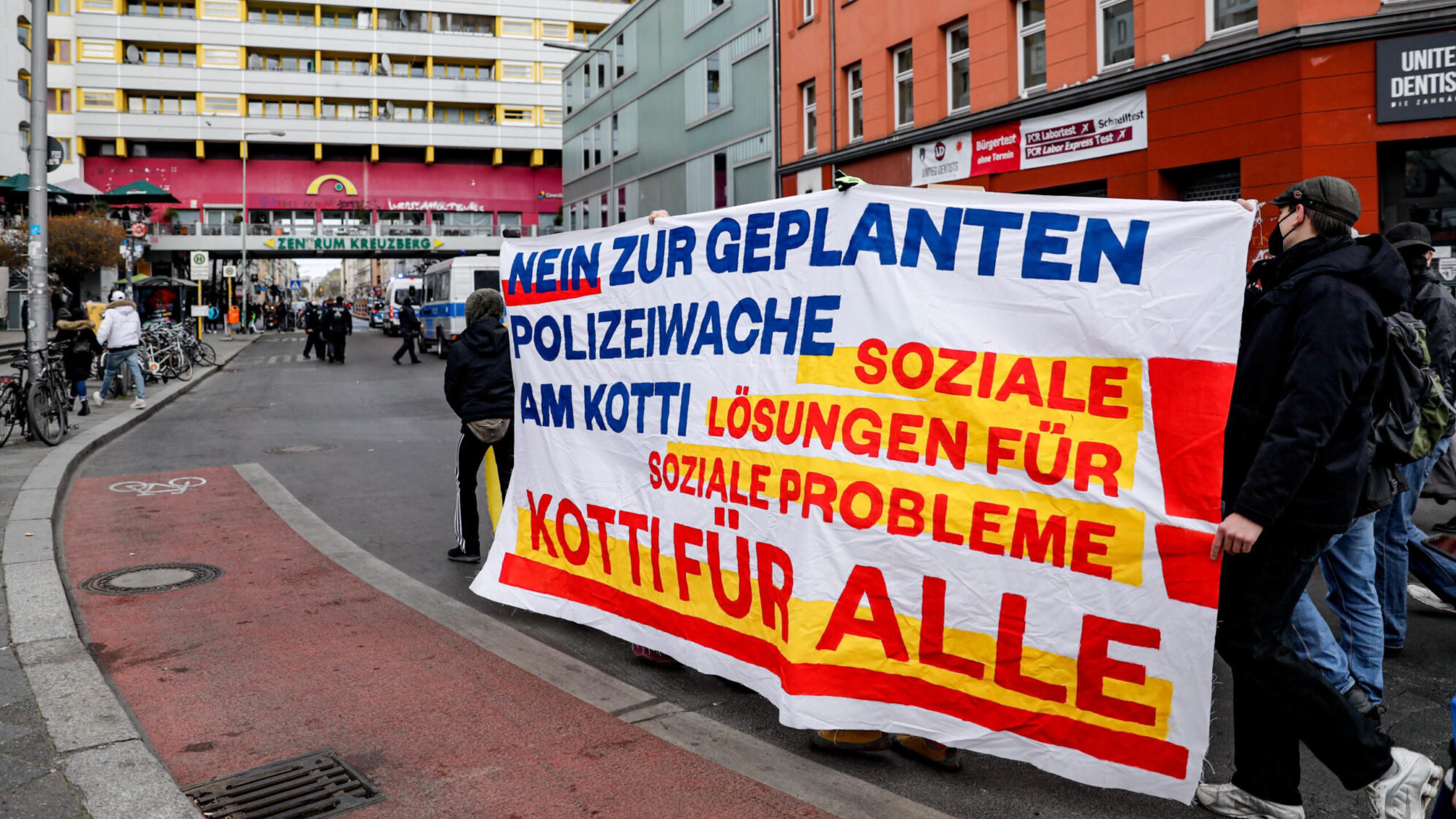
Racial profiling, police violence and the campaign to stop the new Kotti police station.
By Max Graef Lakin
Diesen Artikel auf Deutsch lesen.
In February 2023, the Berlin Senate plan to open a new police station in the Zentrum Kreuzberg building overlooking Kottbusser Tor.
The new station could permanently transform 'Kotti', a location that has served as a symbolic nucleus for Berlin's Turkish population and Kreuzberg's political identity since the '60s and '70s when migrant workers, squatters and radicals moved into what was a neglected neighbourhood on the border between East and West Berlin.
For Kotti's diasporic communities, racial profiling and police violence have been everyday realities for decades. Since the '90s, Kottbusser Tor has been an officially designated 'kriminalitätsbelasteter Ort' (crime-ridden area), effectively legalising racial profiling by allowing police to stop, search and surveil there without cause.
Campaign group Kotti für Alle (Kotti for all) argue that the new police station, which has cost around €3.75 million to build, underlines the state's failure to find 'social solutions for social problems'. Instead of addressing gentrification, housing shortages and soaring living costs, the state has chosen to criminalise those most affected.
We sat down with KfA members Lino from the youth political group Kreuzberg United and Biplab Basu from KOP (Campaign for Victims of Racist Police Violence), to understand how Berlin's multiple crises intersect at Kottbusser Tor.
Lino (Kreuzberg United)
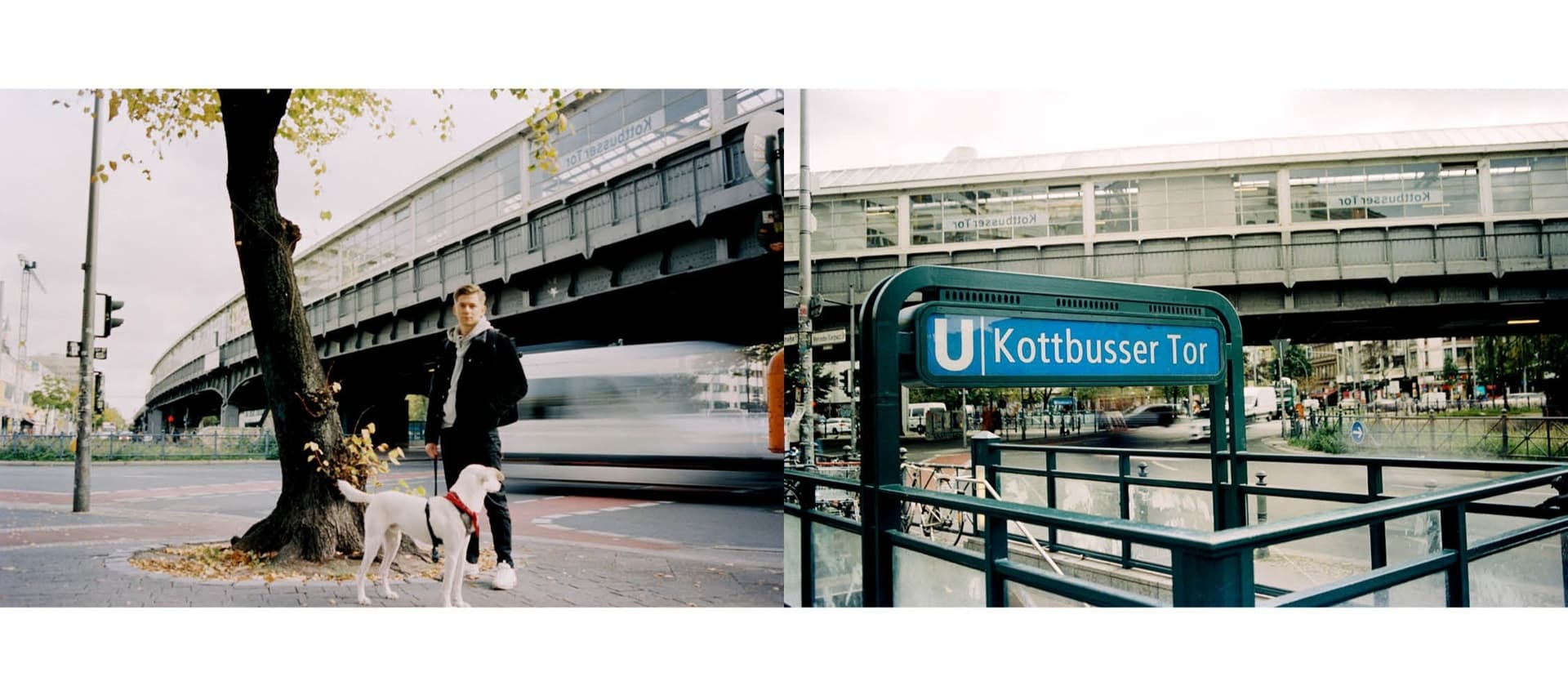
(Kottbusser Tor. Photo: Kolja Tinkova)
Hi Lino, tell us about yourself. What's your personal experience with activism in Kreuzberg?
I grew up right here by Kotti and it’s always been part of my daily life. I grew up in a Kreuzberg that was still a neighbourhood of squatters, or former squatters, so the politicisation of my life here began early.
Now, as Kreuzberg United, a neighbourhood youth group, we have taken up the topic of the gentrification of Kreuzberg, because it’s an incredibly important topic for young people here. It’s becoming more and more difficult for our generation to imagine ever finding an apartment here, and now, the police are moving in too. It contradicts all the things we associate with our Kiez.
Do you personally have much experience with police violence?
Yes, of course. As an activist, you come into a lot of contact with the police. I have personally witnessed and experienced violence myself. What I have been spared is of course the racist component. For many, racial profiling makes police violence not just an occasional occurrence but something that happens every few days, over and over again.
What are your main objections to the new police station?
At Kotti people already experience an incredible amount of police violence and racial profiling. Kotti is registered as a so-called kriminalitätsbelasteter Ort [crime-ridden area], which means that the police are allowed to disregard the existing laws and to stop, search and surveil without any suspicion or cause. We are concerned that the existing racist police practice will intensify once the police are permanently stationed here.
Secondly, we are concerned that this new station is not intended to solve any problems, but is in fact just a gesture by the state, to say: "We are doing something about Kotti. We are cracking down." None of the real problems will be solved. Drug addiction will not be fought, homelessness is only increasing all the time with rising poverty. People are evicted every day by police, criminalised by immigration law, banned from working and forced to do things like, for example, sell small quantities of drugs on the street.
A police presence will solve nothing and will serve only to sanction people and push them out of the neighbourhood. Kreuzberg will become viable only for people who have money. Those who can't afford it will be forced to live out their misery elsewhere.
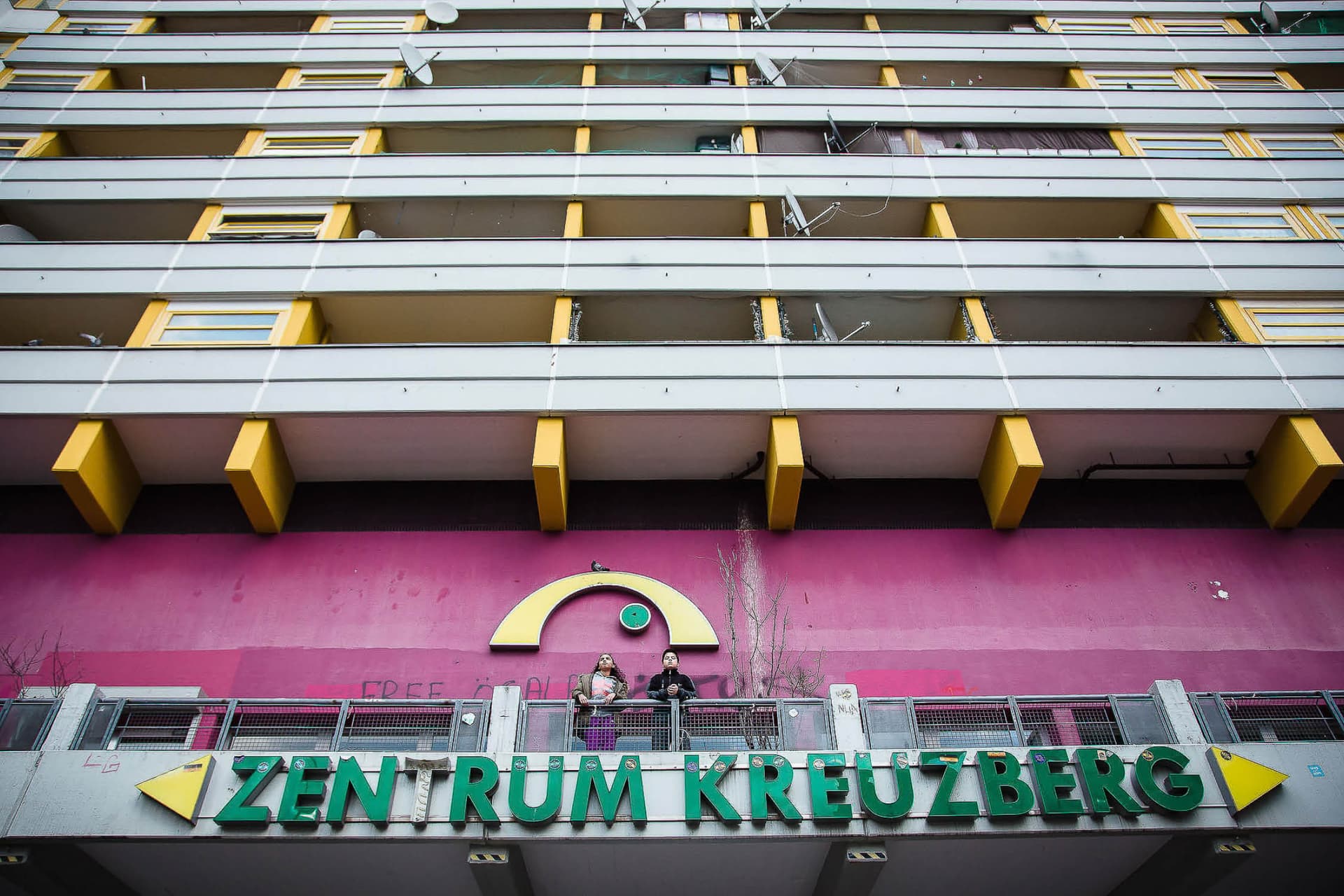
(Site of the new police station in the Zentrum Kreuzberg building. Photo: Friederike Kalz)
What would you have liked to see in this space instead of a police station?
My personal wishes are not the most important. The use of this space is something that should be decided through a democratic process involving all the people living here. I could imagine a community centre, a meeting place for the neighbours or a cultural space – somewhere you can just spend time without having a lot of money, which is difficult to find here these days.
Kreuzberg United campaigns against gentrification and the high cost of living. How do these issues intersect within the Kotti für Alle campaign?
I think that what we are seeing right now, with this cost of living crisis, is the origin of problems that will take place later at Kotti. When we say we need 'social solutions for social problems' this is what we mean. Even if you can just about pay your food and bills, where are you supposed to get the money for the €29 ticket?
I saw a video the other day, in which a Berlin policeman violently assaults a young man at his home and insults him in a racist way. The crime was three counts of fare evasion, which was a €700 fine. How many so-called 'serious offenders' will we have by the end of this winter? This spiral of misery and state violence takes place exemplarily at Kotti.
What can you tell me about the history of the Zentrum Kreuzberg building and the symbolic significance of the station being there?
Well, the problem is I'm a bit too young to remember, but I think that when it was built, there was a lot of opposition because it was seen as a sign of gentrification. The rest of the area has developed so quickly that now it's actually more of a bastion of the old Kreuzberg, the working-class and immigrant Kreuzberg.
In any case, Kotti and Zentrum Kreuzberg have often been at the centre of debates around co-determination in the city, affordable housing and questions of reappropriation and state ownership. Now that the decision has been made by the state to work with the police and intensify repression, Kotti once again becomes a symbol.
Why did you choose the name Kotti für Alle? What does it mean to you?
We wanted to move away from only fighting defensive battles. Yes, we are fighting against this initiative, but we have so much more to gain. It's not about maintaining the state as it is now, we want something better. We want improvements for this place. We do see the problems, the crime, the violence, the misery. But we want to create a place where everyone can live in dignity, without fear of poverty, with help for addiction, with legal residence and the possibility to work. And for everyone, that means without fear of racist police.

(Photo: Kolja Tinkova)
Hi Biplab, please tell us about yourself and the organisations you represent.
I work at ReachOut, a counselling centre for victims of racist violence and antisemitism. I’m also a co-founder of KOP (Campaign for Victims of Racist Police Violence), which was founded in 2002, and I've been working in this field for many decades now.
What are KOP’s main objectives?
KOP works in the area of civil rights. We have worked for a very long time to establish the issue of racist police violence as an important part of the discussion in Germany because until recently, there was hardly any awareness of a systematic racist approach by police or the state. For a long time, the term ‘racial profiling’ was a much greater subject of discussion in English-speaking countries than in Germany.
Why do you think German society has been so much slower to take up the topic of racial profiling? How has it changed over time?
Germany invented an alternative term: Ausländerfeindlichkeit (xenophobia) and because of that racism was apparently not an issue at all. Nobody talked about racism, so how could you talk about racial profiling?
I feel that the German state and the white population of Germany have knowingly stopped the discussion around racism, and insisted: ‘Race does not exist. We won't talk about it.' But race does exist in social contexts. It exists in how society is structured and it’s wrong to ignore social realities. Only when we acknowledge the social concepts of race and racism can we combat them.
We started to talk about racial profiling systematically in 2005 or 2006. At that time, nobody understood or wanted to talk about racial profiling, especially the police and the politicians.
Then in 2012, after the trial known as the Koblenzer Urteil, suddenly there was a conversation. We were lucky that we also met an Italian photographer [Riccardo Valsecchi] at that time who wanted to do a photography exhibition and a short documentary about racial profiling. This documentary, ID Without Colours, made a lot of waves among civil society organizations, student groups and so on, and it really brought the conversation forward.
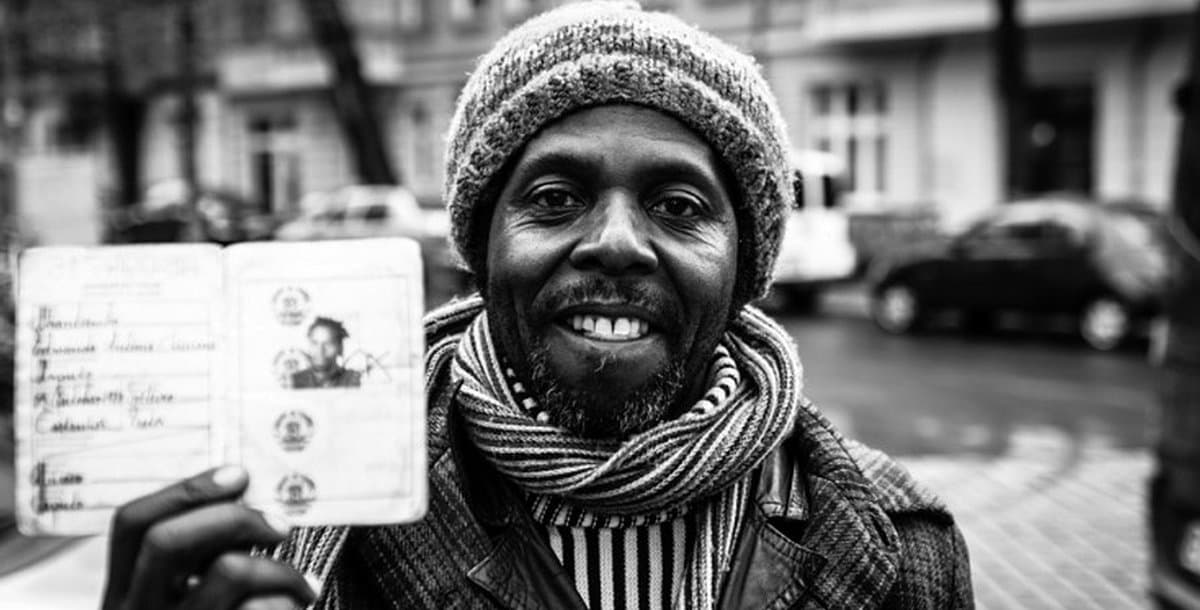
(Film still: ID Without Colours, dir. Riccardo Valsecchi)
Why was it important for KOP to be involved in the Kotti für Alle campaign?
Kotti has long been established and has become well known, since the 1970s, as a place where migrants live and a place where migrants are able to lead their lives differently from the white majority population. That’s why we find it sinister that the state would now build a police station there as if to say: ‘criminals live here’.
It’s a clear attempt to establish a visible connection between migrants and crime. The state wants to solidify this connection, to imply that seeking refuge is a crime, migration is a crime, and every immigrant is therefore potentially a criminal.
How widespread exactly are police violence and racial profiling at Kotti? Has it changed over time?
The criminalisation of migrants was always present at Kottbusser Tor. It is neither a new phenomenon nor is it more intensive, I think. Of course, at times when there are more people in society who are homeless or struggling with addiction, then that is something that you see reflected at Kottbusser Tor.
But that also raises an interesting question: why are these problems so present here? This is a place for migrants that has also been one of the city’s most liberal places, a place where addicts could stay and no one drove them out by force. If addicts all gathered in one place in Wilmersdorf for example, they would have definitely been driven out.
Does that difference in tolerance explain the link between police violence and gentrification for you? This alliance between the state and a certain segment of the population?
To me, gentrification means that the people who have lived in an area for a long time are being uprooted from that place. But by whom? It's not just the developers who kick me out, but a certain group, most of them white people, who are uprooting others.
Of course, an alliance between the rich white population and the state exists. This is what the state wants – that all these people who are still at Kotti should live somewhere else far away. Those people can live in the outskirts with the poorer white population, but here in the centre there will be a 'better' society.
Why do you think the state has chosen the present moment to push this decision through?
Why now? Well, I think there is currently a strong movement against racist police violence and the racist criminal justice system. There are many conversations going on right now about how to stop the encroachment by the state on our rights. As this movement becomes more powerful, the state has a corresponding impulse to act even more severely against it.
Another reason is the current coalition between the Social Democrats, the Left and the Greens. These are all political organizations that are generally thought of as being socially progressive and essentially not hostile to people in poverty. This makes the moment much more favourable for authorities to establish something like this because people have this idea that 'their own' organisations are in power. When the SPD senator proposes something, it’s not as easy for people to object. If it were the CDU or AfD making the same proposal, I think a lot more people would take to the streets.
One of the slogans of the campaign is 'social solutions for social problems'. What does it mean to you exactly?
So for me, ‘social problems’, meaning poverty and the consumption of different drugs etc. are not law and order problems. You can't abolish these issues with truncheons. But this is what the state does when the state has no ideas left. They have no methods for dealing with poverty so they try to present themselves as 'saviours' against a criminal population.
But social problems must be solved socially. For example through health policy. You can’t be pulled from alcoholism with truncheons, you have to approach the person differently. These are social problems and health problems, but they are not seen that way by the state. For the state, they are only problems of crime and punishment.
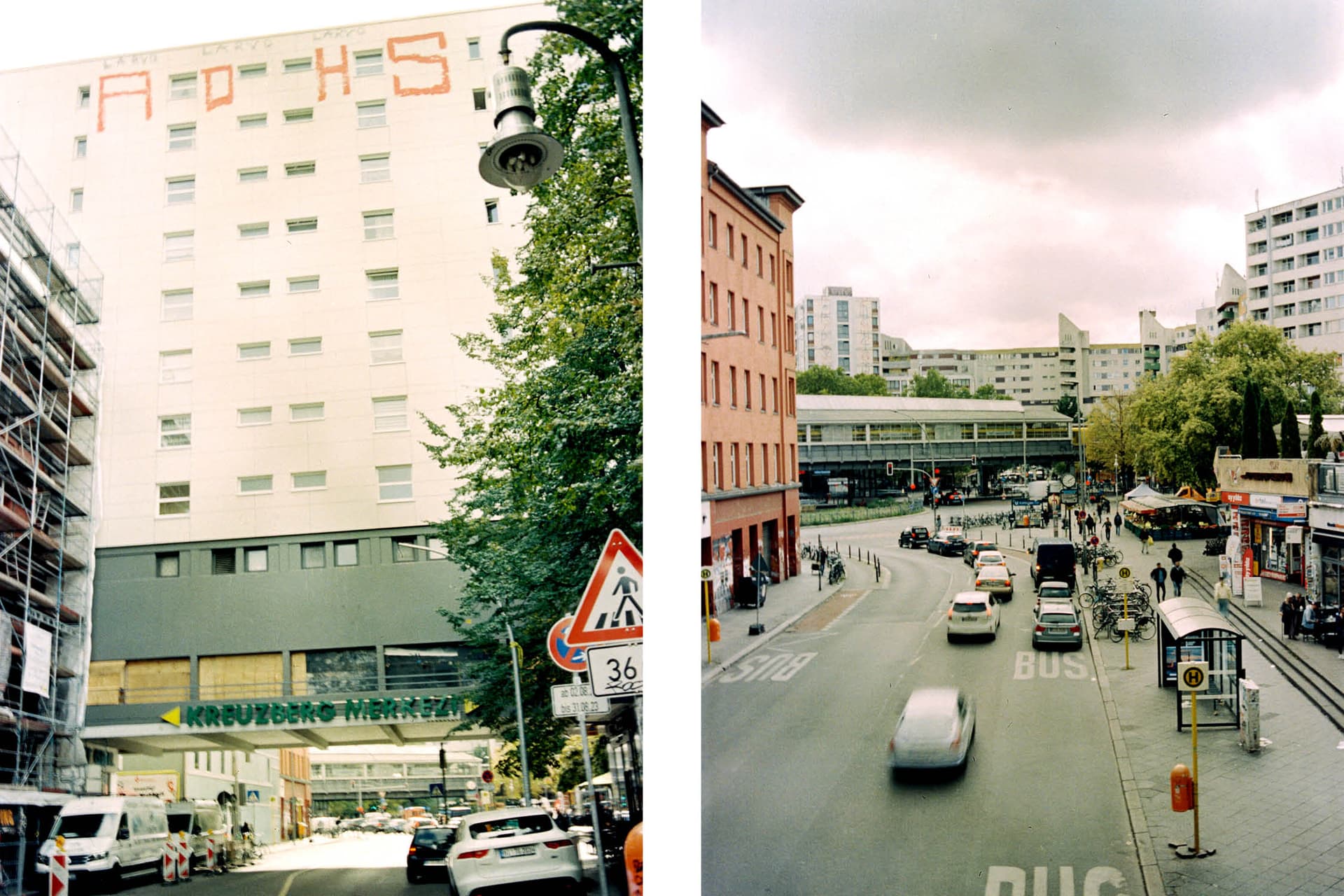
(Kottbusser Tor. Photo: Kolja Tinkova)
Keep up to date and find out how to support KfA, Kreuzberg United, KOP and ReachOut on IG: (Kotti für Alle, Kreuzberg United, KOP, ReachOut) and Twitter: (Kotti für Alle, Kreuzberg United, KOP, ReachOut).
Header Photo by PM Cheung.
Layout by Kolja Tinkova.

This week: Black history month, fusion soundscapes, soli kufa
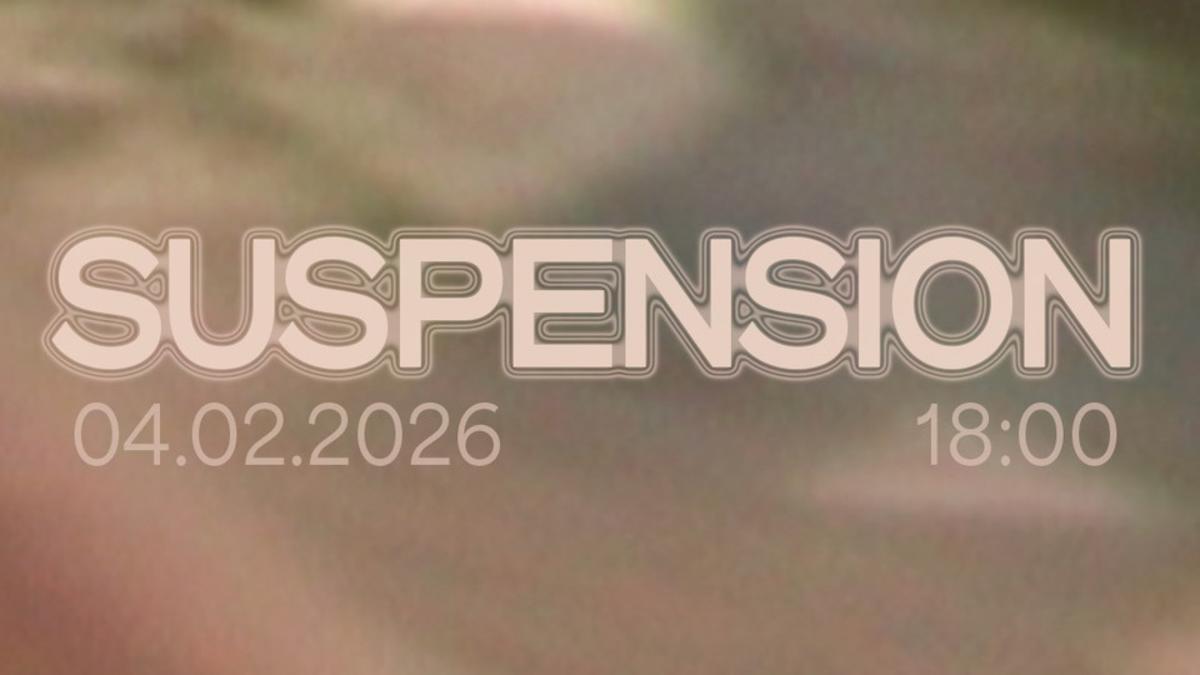
A screening, conversation, and live performance at Niemetzstraße 1.
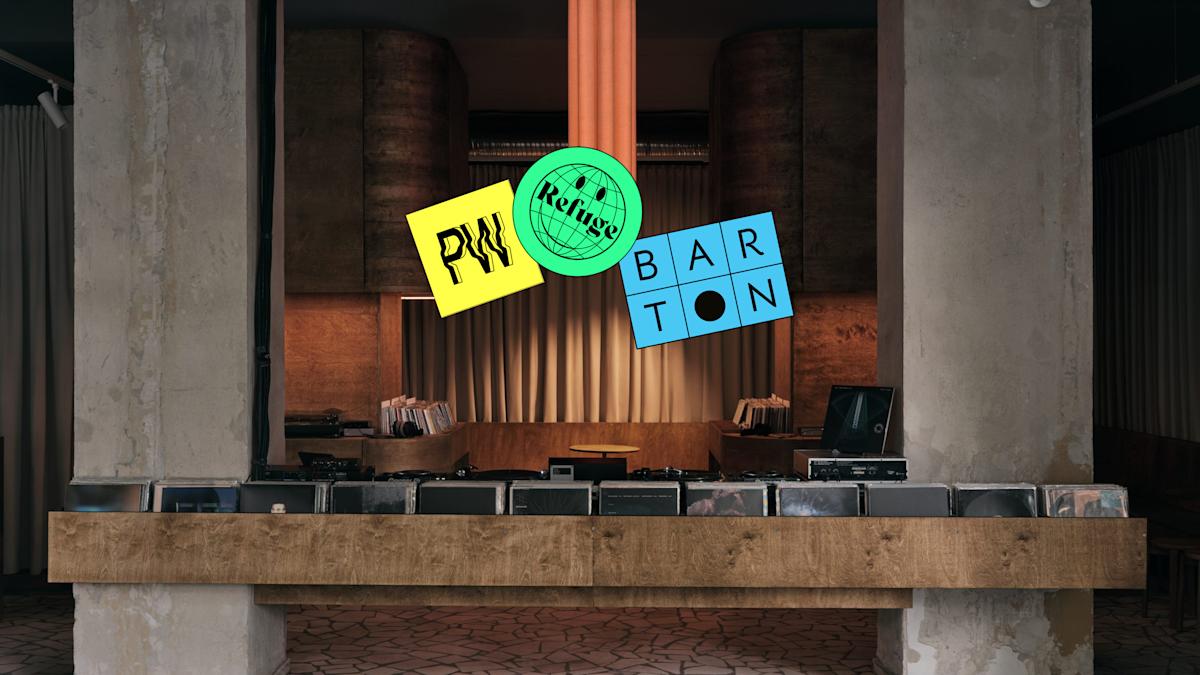
Refuge Worldwide residents head to Romania.